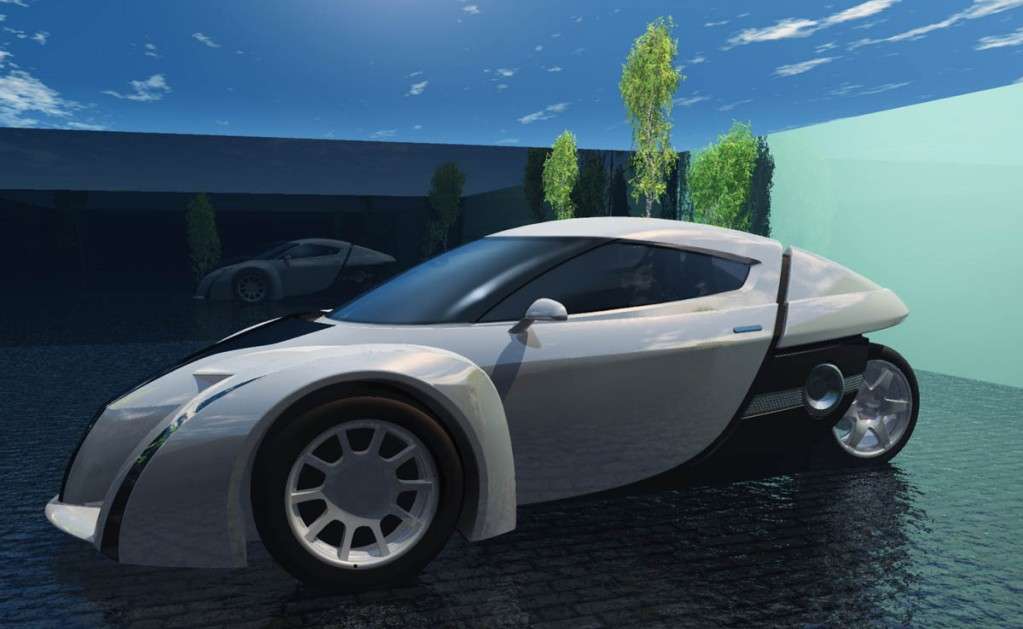TUCSON, AZ (KOLD) -?Charging up those electric vehicles is getting even more convenient.
Electric-vehicle charging stations are being installed in the parking lots at eight Pima County libraries this summer. The project is among the county's efforts to reduce the use of fossil fuels, provide better air quality and encourage clean technology.
The 16 stations - two to a library – are located in high-traffic areas, mostly in central Tucson and on the city's East Side. They'll be ready for use by electric car operators in early September.
Here is the list of locations getting electric charging stations:
Joel D. Valdez Main Library, 101 N. Stone Ave.Eckstrom-Columbus Branch Library, 4350 E. 22nd St.Himmel Park Branch Library, 1035 N. Treat Ave.Kirk-Bear Canyon Branch Library, 8959 E. Tanque Verde RoadMartha Cooper Branch Library, 1377 N. Catalina AvenueNanini Branch Library, 7300 N. Shannon RoadWoods Memorial Branch Library, 3455 N. First Ave.Murphy-Wilmot Branch Library, 530 N. Wilmot RoadThe sites for the charging stations were chosen as part of ECOtality's Micro-Climate planning process, in collaboration with Pima County, Pima Association of Governments and the Tucson EV Project Advisory Team. ECOtality, Inc. is the San Francisco-based for-profit manager of EV Project.
Copyright 2011 KOLD.?All rights reserved.
